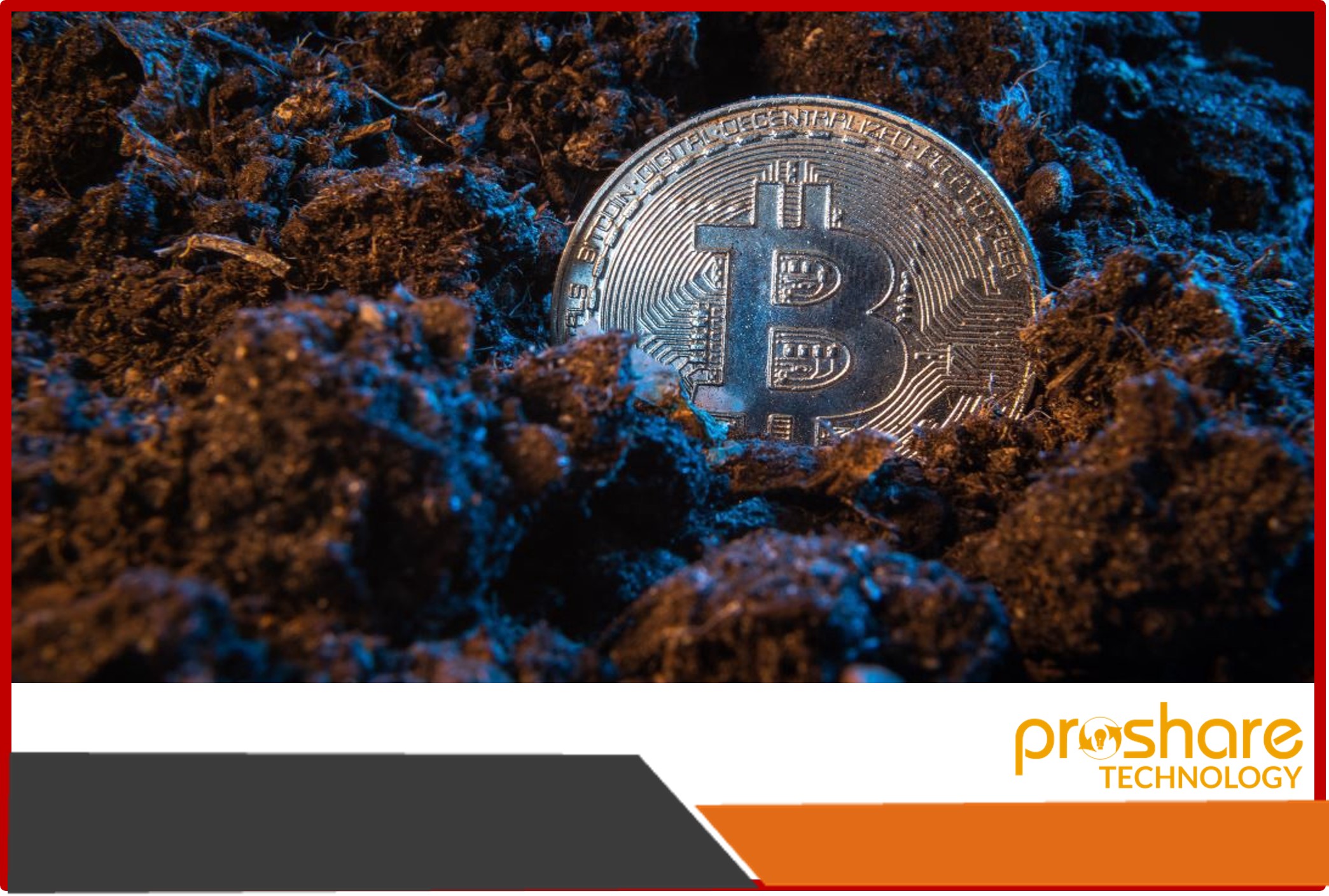Being an Analyst Note issued by Proshare Research on March 14th, 2023
Pivoting Towards Alternative Energy in Preparation for High Petrol Prices
Analysts have noted that subsidy becomes a failure when it does not improve the socio-economic well-being of households and businesses. Nigeria’s petrol subsidy is an obscure public transfer mechanism benefitting a narrow band of individuals through opaque accounting and auditing of the sector. Operators in Nigeria's downstream oil and gas business have called on the country's incoming president to prioritize eliminating the rent-creating petrol subsidy and fully deregulate the sector as expected by the Petroleum Industry Act (PIA) 2021.
Stakeholders are optimistic that the new administration would likely proceed with the subsidy removal plan as previously stated in campaign addresses. The removal of subsidy would mean petrol prices would rise to between N400 and N500 per litre. The problem, however, is that Nigerians are used to low petrol prices given the many years of petrol subsidies. With the possible removal of subsidies in 2023, Nigerians must prepare for higher energy costs. Besides the need to prepare for high prices, analysts reckon that households and businesses in Nigeria need to pivot towards alternative energy sources such as solar and biogas energy (see illustration 1 below).
Illustration 1:
The Power Sector Reforms President-Elect Tinubu Must Undertake
As Nigeria’s President-elect, Asiwaju Bola Tinubu, prepares to assume office on May 29, 2023, Analysts say his administration must undertake several reforms to resuscitate the country’s ailing power sector. Analysts note that the first step would be the appointment of a power sector expert or administrator to supervise the sector in the capacity of Minister. The new Minister must draw up a National Energy Plan which clearly outlines the Power Sector Expansion plan, this is necessary to resolve the imbalances between power generation, evacuation, dispatch, and electricity demand. According to experts, the provision of adequate gas supply to the existing generation plants is crucial in dealing with the power generation problem. Power sector professionals say the transmission end of the value chain, in the hands of the government, must be privatized to bring about greater efficiency and end the incessant problem of load-shedding.
Likewise, the incoming government must take advantage of mini-grid solutions to increase the amount of electricity generated. The problem of energy theft at the distribution end of the value chain must be addressed by increasing the number of electricity meters, this is expected to also bring an end to the notorious estimated billing.
Commercial Papers (CPs) Step up in 2023 as Treasury Bill Rates Drop
To evade the high-interest rate charged by banks on loans, firms have tilted to the debt market by issuing unsecured short-term instruments to meet their current obligations. The number of commercial papers (CPs) issued in the first three months of 2023 has risen significantly. Analysts had expected that the hawkish Central Bank of Nigeria (CBN) monetary policy rate (MPR) increases would deter firms from issuing CPs and bonds as treasury bills have seen high coupon rates. However, ample liquidity has changed the dynamics of the t-bill market, pushing yields to record lows. Thereby, giving room for firms to raise funds at cheaper rates in the CP market. With the expectation that liquidity will keep yields low, analysts expect more issues of CPs till Q2 2023 (see table 1 below).
Table 1:
Despite Naira Scarcity, e-Payments Fall to N37.67trn
Since the Central Bank of Nigeria announced its naira redesign policy and withdrawal limits in 2022, Nigerians have had to adopt electronic forms of transactions. Data obtained from the Nigeria Inter-Bank Settlement System (NIBSS) showed that in February 2023, Nigerians exchange N37.67trn via electronic channels which include Point of Sales, Automatic Teller Machine, and Mobile transfer. This was a 4.83% fall from the N39.58trn that was recorded in January indicating a notable decline in Nigeria’s electronic payment. The data also showed that the e-payment gateway was used 901.46m times, a 41.29% increase from the 638.1m times they were used in January and the continued patronage of PoS terminals grew from N807.16bn in January to N883.45bn in February. Analysts observed that the pressure of increased electronic payment has overwhelmed the banking sector, leaving many customers stranded.
Closure of Naspers Foundry fans uncertainty in South Africa’s VC market
Naspers has ceased operations of its four-year South Africa-focused venture capital (VC) fund Naspers Foundry, according to local media portal BusinessDay. Naspers is a global early and growth stage venture capital business focused on technology. The US$100m (R1.4bn) fund has been deployed halfway, with US$40m (R740m) disbursed to 23 startups. The company stated that this was required to scale back operations and adjust to the global downturn in venture capital. It however noted that the Foundry will continue to maintain its existing investments in companies like Planet 42, among others. It is worth remembering that Naspers previously indicated its intention to downsize its workforce.
South Africa dominates the fundraising market, accounting for up to 95% of financing in Southern Africa. The announcement raises concerns, particularly given the region's poor performance in 2022, when VC fundraising activity fell to US$555m from US$1bn recorded the previous year. With one of South Africa's major funds closing down, SA's early-stage startup sector may suffer a funding lull in 2023. Analysts expect that funding in South Africa will likely only go to companies that need capital to supplement a solid business model.
Bitcoin and Other Altcoins Go Bullish as US Banks risk Liquidity Crumble
The cryptocurrency market is trading in the green zone today as Bitcoin, Ethereum and other altcoins are still seeing a massive rise despite the major collapse of three U.S. banks last week. As of writing, Bitcoin price increased by 11.75% in the last 24hrs. Ethereum’s price increased by 6.7%. Crypto prices today for Cardano rise by 3.25%. Solana price hikes by 4.54%. Dogecoin increased by 4.65%. The global crypto market cap stands at US$1.12trn, an increase of 7.15% over the past day.
The Silicon Valley Bank (SVB) crash hit the crypto market directly. Analysts reported that the reserves of many crypto companies and stablecoins such as USD Coin which kept a good amount of US$3.3bn were also in the bank, which makes it difficult for stablecoins like USD Coin to remain stable in short term. Analysts’ expectation is that this bullish run would continue till the end of the week but cannot tell how much the price can rise (see chart 1 below).
Chart 1:
 Lagos, NG • GMT +1
Lagos, NG • GMT +1











 223 views
223 views

















 Sponsored Ad
Sponsored Ad
 Advertise with Us
Advertise with Us









